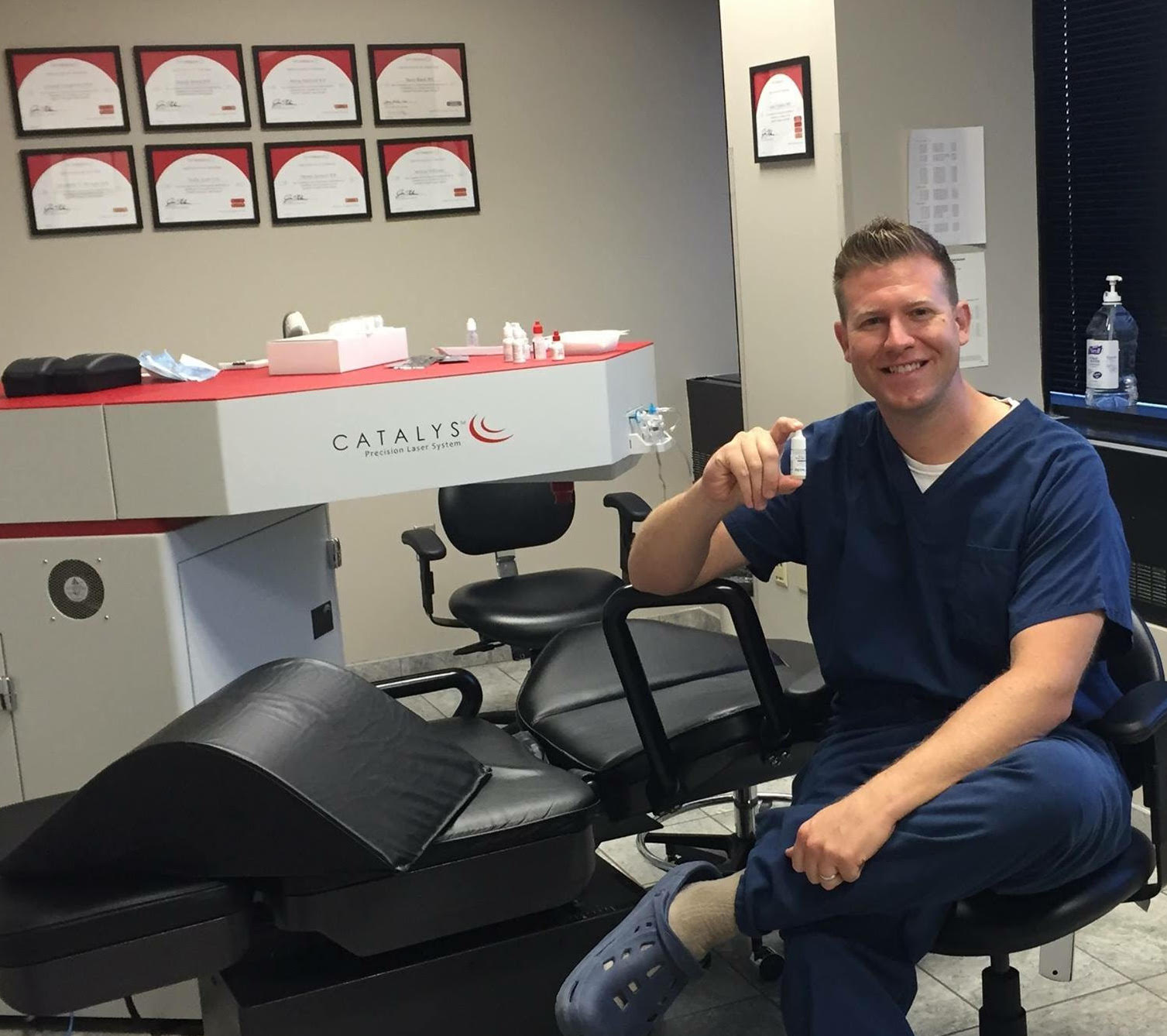Every so often, a new product or service comes along that revolutionizes our practice. These so-called game changers are the disruptive innovations that create real change in an industry and frankly are the most fun to explore because they fill a void or solve a real problem. When these innovations are clunky or difficult to implement and execute, they lose their sizzle. In fact, Steve Jobs famously said that simplicity is the ultimate sophistication. In light of that, I would have to crown Imprimis Pharmaceuticals the most sophisticated Belle of the Innovation Ball for the LessDrops combination drop formulations. Let me explain.
As a solo practitioner for many years, one of the most frustrating issues in cataract surgery revolved around prescribing eye drops, with the requisite pharmaceutical substitution games and the ever-changing tapering schedule. I gave my cell phone number to all of my surgery patients, as I wanted to assure them that they would never be left without a lifeline, should they have a true emergency. Unfortunately, my cell phone became an eye drop education hotline. As Drake says, “I know when that hotline bling, that could only mean one thing…”
However, in my case, it meant explaining to my typically elderly patients that the pink-top drop should be taken at an interval of four times per day minus X, where X = number of weeks postop. All jokes aside, I began feeling like a broken record, and my patience began to wear thin.
Enter Imprimis Pharmaceuticals, the one-stop eye drop shop that has changed cataract surgery for my patients and staff alike. The combination drop formulations from Imprimis are compounded eye drops that contain a fourth-generation fluoroquinolone and prednisolone, with the optional addition of an NSAID. My practice has been using this triple medication formulation for more than a year now, and we have been thrilled with the way it has transformed our practice.
PRACTICE TRANSFORMATIONS
Total quality control. We now have total control over exactly what medication our patients are getting. We have no concerns that they are receiving a poor-quality generic or that they are not purchasing all of the drops we have prescribed.
A reliable supply. With the LessDrops formulation, we are no longer concerned that patients will run out of eye drops too soon. We prescribe 6 mL per eye, and with our schedule of qid x 2 weeks, bid x 1 week, and qday for 1 week, each patient has more than enough to get through a month-long course. If, in the rare instance that therapy needs to be extended, patients almost always still have enough to cover that as well. Gone are the days of trying to fill up a small bag with a six-pack of low-volume NSAID sample drops, praying it will be enough to last.
Affordable offerings. Patients are now paying less for their drops, which lowers their barrier to entry to receive surgery. I have had more than a few patients cancel surgery simply because they could not afford their drops. I have heard countless stories of patients paying more than $200 for a single drop. With combination drop therapy, patients get all of their eye drops for between one-half and one-third of the price they would typically pay.
Clarity for all. Patients—or, more commonly, their caregivers—are easily educated on how to administer the single drop with no confusion. This enhances compliance and simplifies the postoperative education process for our nurses.

SUMMARY
All in all, we have had an extremely positive experience implementing the LessDrops program into our practice. When you are a part of a large referral network and performing a high volume of surgeries on a weekly basis, even small changes can be fraught with difficulties. However, this has been a win-win-win on all fronts, and I implore my colleagues to evaluate their approach and whether this could be beneficial for them, their practice, and their patients.



